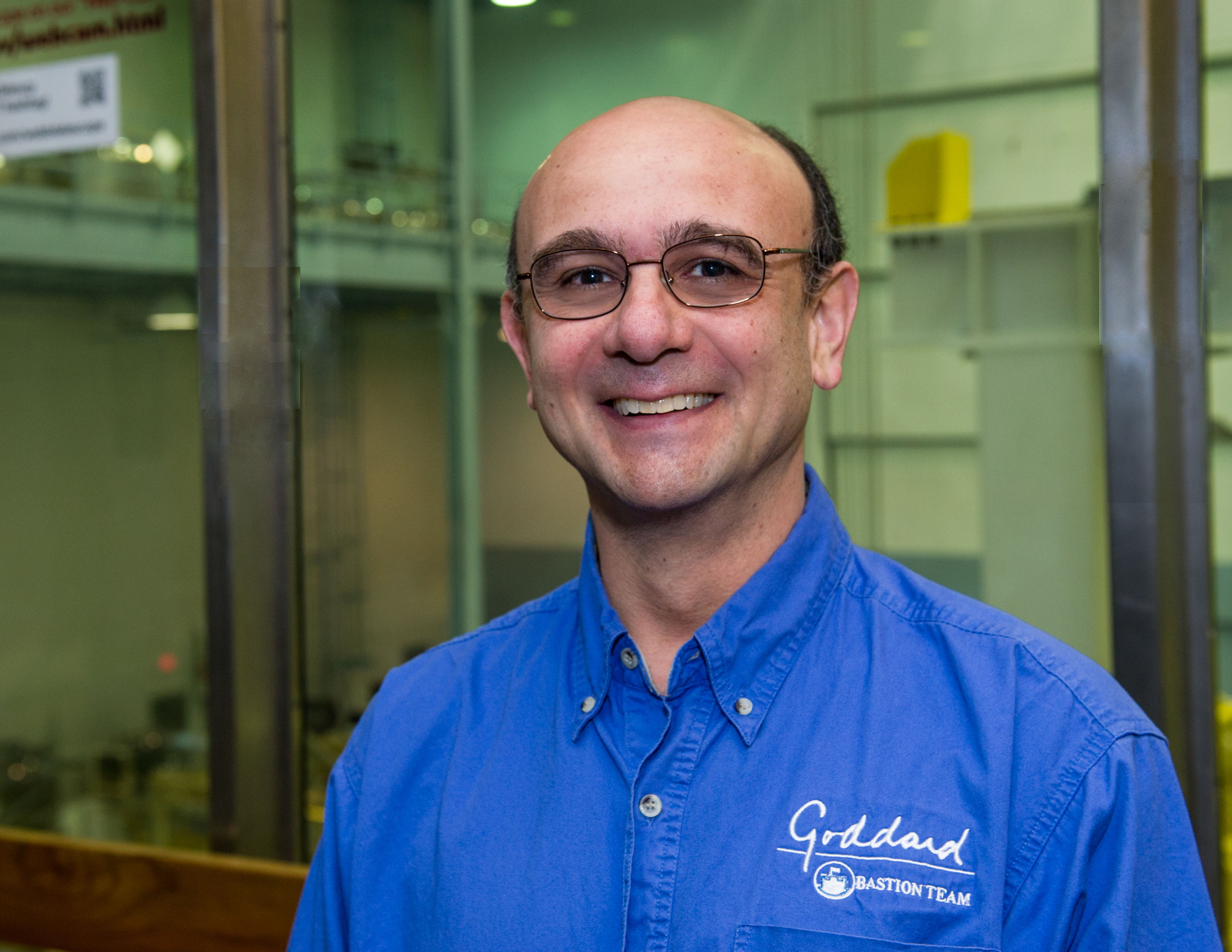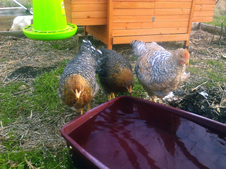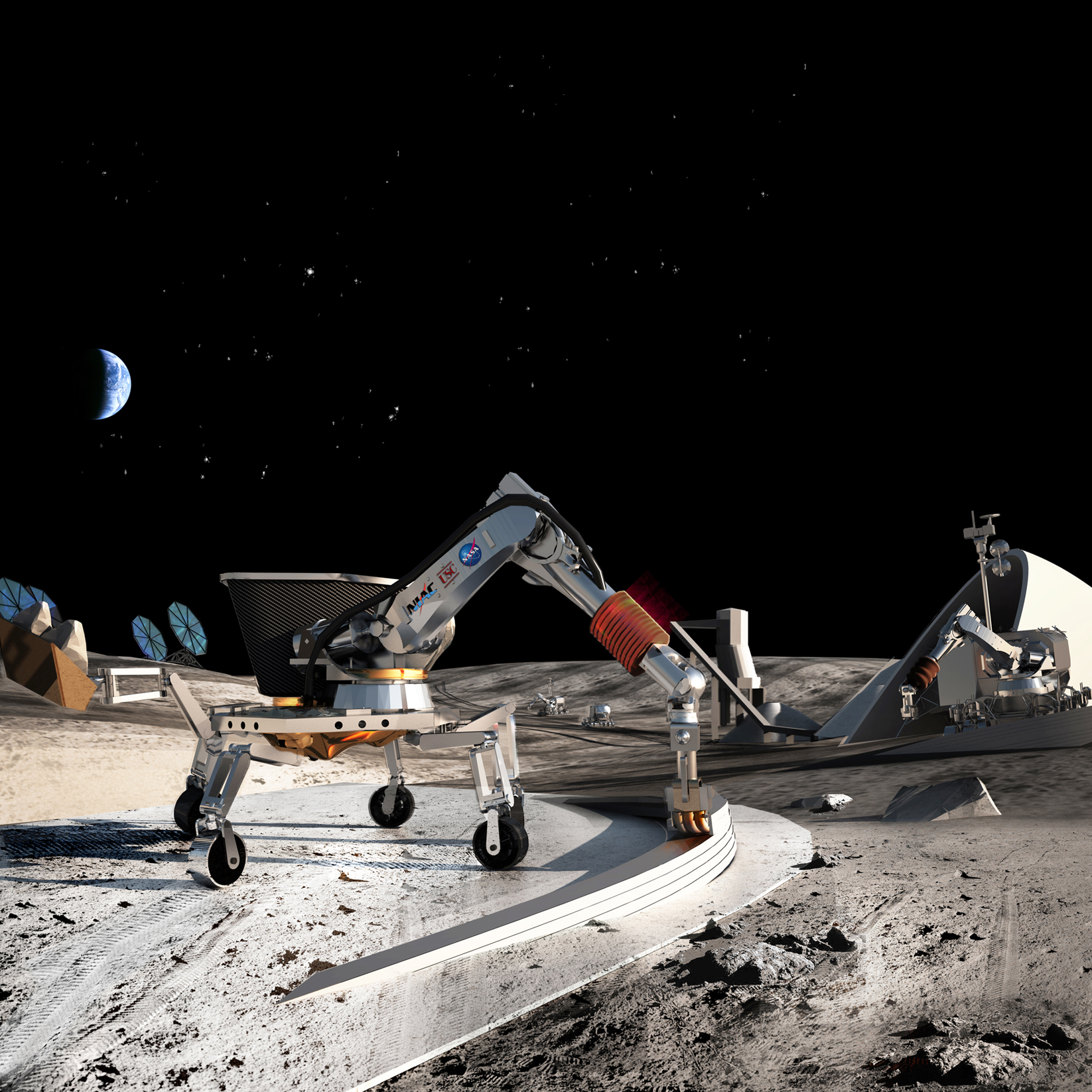STEM Career Connections
Meet Diamantino Sforza, Mechanical Engineer

Job Title
Mechanical Engineer
Diamantino Sforza
Bio
What do you do and what is most interesting about your role here at Goddard? How do you help support Goddard’s mission?
I help administer the business end of providing engineering services to Goddard. This includes the human resources functions, time and attendance issues, talent acquisition, and assigning new tasks. Also, I monitor financial and technical performances under our contract. I liaise between the government and our staff to clarify technical requirements or to add additional work. I straddle both worlds.
We (Bastion Technologies, Inc.) are associated with the Omnibus Multidiscipline Engineering Services and Mechanical Systems Engineering Services contracts. Currently, we are working on the Global Precipitation Measurement mission and the Advanced Topographical Laser Altimeter Systems for Applications and Science mission among others. We have had a big presence at Goddard since 2007.
To help me succeed in my job, I stay pretty organized. The secret is to do things right away or else, like snowflakes, things pile up.
Why did you become a mechanical engineer?
I came from a family of barbers. My grandfather, father, and uncles are barbers. They fix haircuts. I fix everything else. When I was a kid, I was always taking things apart and trying to put them back together. I got my first watch when I was three years old. Within two days, I had taken it apart and that one was not put back together.
Why do you call the projects your children?
I’m a mechanical engineer by training and have worked over 30 years in the field. Working on a project is the closest thing to having a baby—you conceive it, you live through the ups and downs and, when it is finally finished, it is college graduation day. You know you’ve been successful.
All of these projects are my kids. The big missions we do at Goddard take hundreds and hundreds of people to complete, but each of us considers at least part of the project our very own. We each did our part and every part is important. We’re all vested. We live with a project for years. When a mission finally blasts into space, it’s something very special to each of us.
What’s unique about your background?
I was born in Caracas, Venezuela. My mother was from Venezuela, but my father was from the Abruzzi region of Italy. When I was a year and a half old, my family moved to Hartford, Connecticut so I was educated in the United States. I’m fluent in Spanish, which we spoke in the house, and somewhat conversational in Italian. My dad would mix English, Spanish and Italian in the same sentence.
I am the first in my family to go to college. This is very meaningful to my extended family and more so with my work at Goddard.
A cousin from Venezuela went to engineering school and then came to the United States. When he told me that he was going to college, he said that he couldn’t be the first in the family to go to college, but that being the second one was pretty good too.
What makes NASA special to you?
The Apollo missions inspired me as a young child. I still have relatives in Venezuela and Italy. When they found out that I was working at Goddard, in their eyes, I was a success and by extension they are too.
What is the coolest thing you’ve ever done as part of your job at Goddard?
The coolest thing was the design work I did for the Global Precipitation Measurement mission. I helped design the solar array tension assembly, a pulley system that maintains the tension for the solar panels to deploy them and keep them in position. All this happened in orbit, many miles above the earth.
When I watched the live launch of GPM, it was a short exhale. I held my breath watching it and then, once everything was working normally, I could breathe again. I had the same feeling whenever I watched the Space Shuttle go up—I got a little lumpy in the throat.
What would you advise somebody starting their career at Goddard?
This is only the beginning of your career. Everybody you meet here knows something that you don’t. You just never know whom you’re talking to. Get to know as many people as possible and ask them why they’re here and what keeps them here.
Are you related to the Sforza Court of the Italian Renaissance?
Yes, my father’s family was known as the Sforza Court in Milan, Italy during the Italian Renaissance. My ancestors were patrons of Leonardo da Vinci. In fact, “Sforza Hours” is a book of the collection of da Vinci pieces commissioned by my family. When I look at that book, I’m just amazed that one individual could accomplish so much, so great in so little time.
That artistic association carried through for many generations as appreciation for the arts in general. The related Italian world “sforzando,” which derives from “sforzare,” a verb meaning “to force,” also has a musical meaning—to make a sudden, strong accent. Before the barbers, many people on my father’s side of the family were musicians, especially for string instruments. I have a good ear and played the first chair in trumpet as a child.
If you could meet and talk to da Vinci, what’s the first thing you’d ask him?
What made you first pick up a brush and start painting? When did you start designing these mechanisms that caught the attention of the Sforza Court?
Is there anything else surprising about you that people do not generally know?

Yes, I’m something of a gentleman farmer. I love to garden as does my father. I grow fruits, vegetables and flowers. My enclosed and protected garden is 15 by 75 feet.
I’ve also recently started keeping European heritage breed chickens, two French DeBresse and three German Bielefelder. They eat very expensive soy-free, organic feed, but now I won’t have to use fertilizers or pesticides in my garden. Fresh eggs taste much richer and more flavorful than store-bought eggs. When you crack open a fresh egg, the yolk stands up and the white is very thick. I plan on getting a few more chickens. I’m not sure how many, but I’ll know when I get there.




